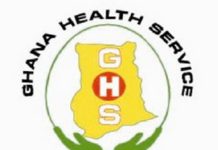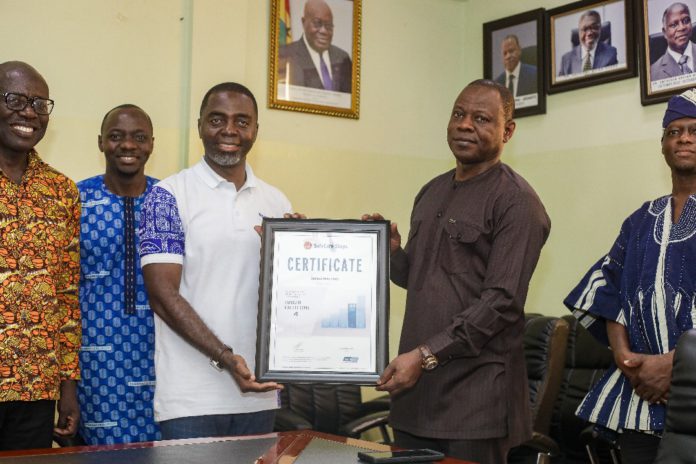
In a significant stride for healthcare in Ghana, the Bamboi Polyclinic has been awarded Level 4 on SafeCare Quality Standards, an international benchmark for quality healthcare delivery.
This achievement places the facility, located in the Bole district of Savannah Region, at the forefront of healthcare excellence, being the first under the Ghana Health Service to escalate from Level 2 to Level 4 within just a year.
Speaking to journalists in Accra, at a short ceremony to present the SafeCare level 4 certification, the Director General of the Ghana Health Service, Dr. Patrick Kuma Aboagye said that quality remains a challenge for all healthcare systems worldwide.
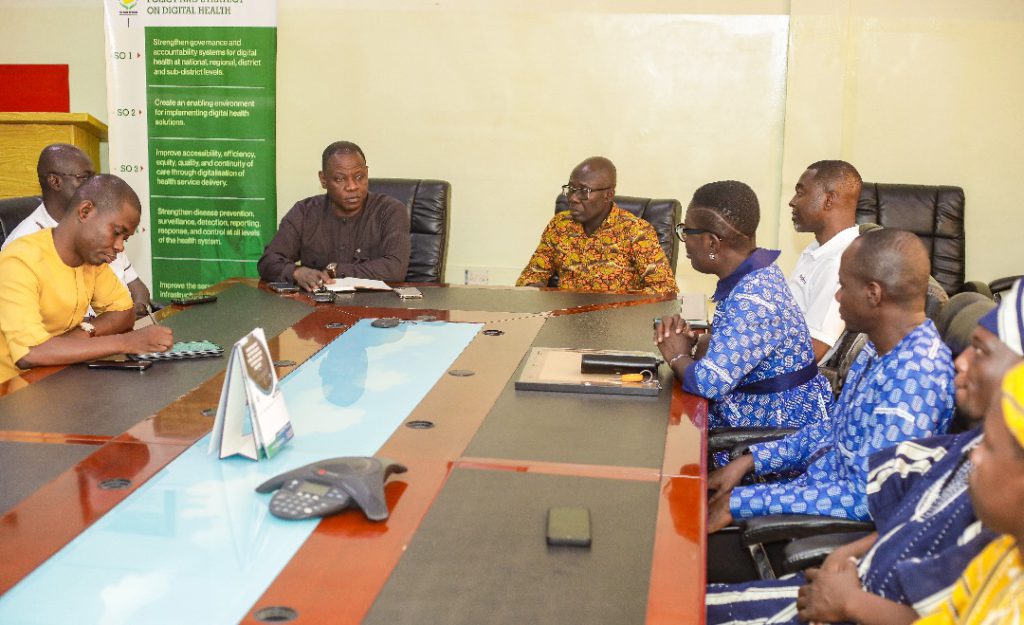
“The challenges and the issues to deal with in quality of care gets more serious as you move towards the remote parts of the country like Bamboi,” he added.
GHS to adopt the internationally accredited SafeCare quality improvement standards
The GHS Director General said the quest for the highest quality of care in health services must be a cross-cutting system that must permeate all the care delivered in the facilities, including the management systems.
Dr. Patrick Kuma Aboagye is impressed with the SafeCare methodology and how its adoption could accelerate the quality improvement journey Ghana Health Services is working towards.
“I am confident that we can adapt the SafeCare standards to the Ghanaian situation and context and improve the quality of care in Ghana’s healthcare delivery system,” he emphasized.
Dr. Aboagye praised the Bamboi team’s resilience and commitment to achieving SafeCare’s quality standards, noting that such improvements are crucial across Ghana’s health services for consistently high-quality care and attainment of Universal Health Coverage (UHC).
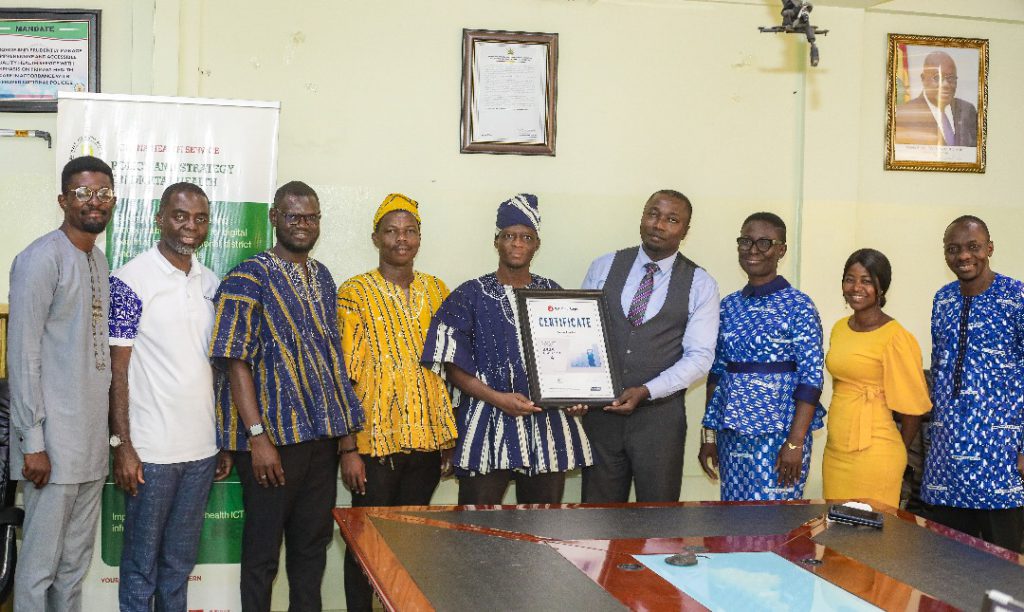
What does Level 4 SafeCare mean for the client?
The Country Director for SafeCare Bonifacia Benefo Agyei explained that SafeCare Level 4 ensures that patients at Bamboi Polyclinic receive uniform, consistent, and high-standard care, significantly lowering risk and elevating quality.
“This milestone is a testament to the clinic’s adherence to strict protocols and procedures, leveraging data to identify and address gaps in care delivery. This award not only marks a leap in healthcare management but also sets a precedent for other facilities to follow, showcasing the potential for substantial improvement in healthcare quality across Ghana.” She added.
Bonifacia Benefo Agyei further explained that for the healthcare managers and health policymakers, improving the quality of care and reducing risks that come with the SafeCare Level 4, facilities will reduce waste and cost and ultimately increase patronage and profitability.
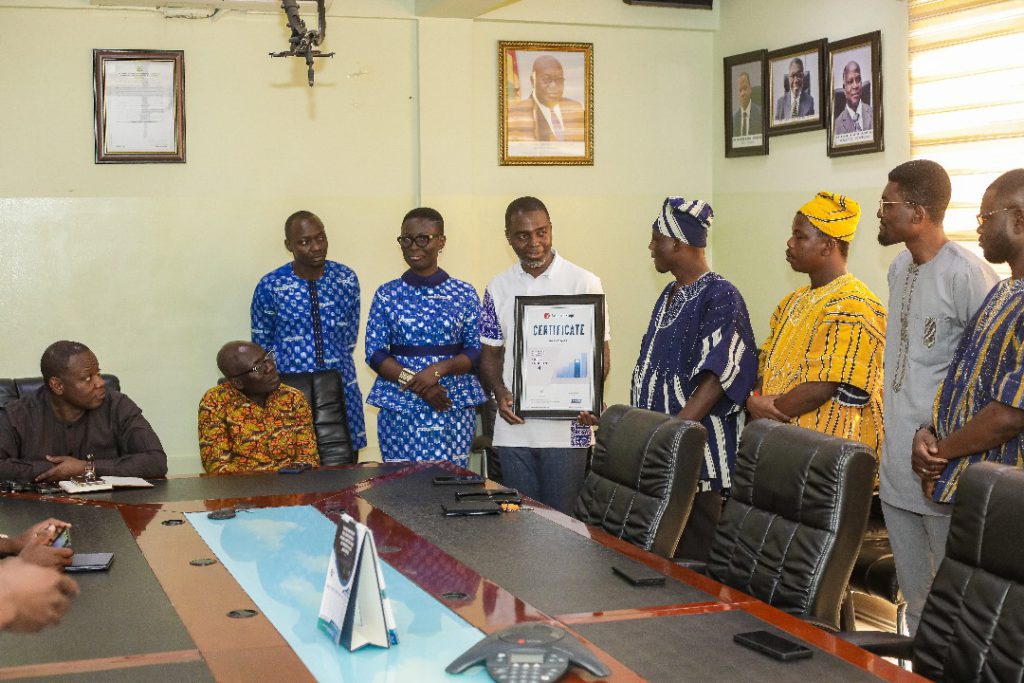
“Bamboi did this in one year, they moved from Level 2 to Level 4. So among Polyclinics, this one at Bamboi stands out in Ghana,” Bonifacia added.
She challenged other healthcare facilities to be inspired by the successes chalked by the Bamboi Polyclinic and push higher to improve the quality of care delivered through the SafeCare methodology.
The Acting Medical Superintendent of the Bamboi Polyclinic, Dr. Boi Vituse Vikpenoba, also noted that the SafeCare quality improvement programme has impacted the operation and management of the hospital positively and greatly improved health outcomes for patients.
They gave us a lot of guidelines and action plans, we developed a lot of protocols with monitoring and evaluation and after that, we have seen a lot of improvements in attendance in the facility,” he explained.
Dr. Boi Vituse Vikpenoba said, “At the theatre, the wards, the pharmacy, and even at the OPD we see a lot of improvements.”
Speaking about the actual actions that have led to the attainment of this feat by the Polyclinic, the quality improvement focal person Kennedy Kuredoh said a seven-member team has been set up by the management of the facility to review the performance of the team, and assigned the quality improvement tasks to the team.
He added that the team consistently monitors the SafeCare App to appreciate where the gaps are and it guides the teams to address those gaps
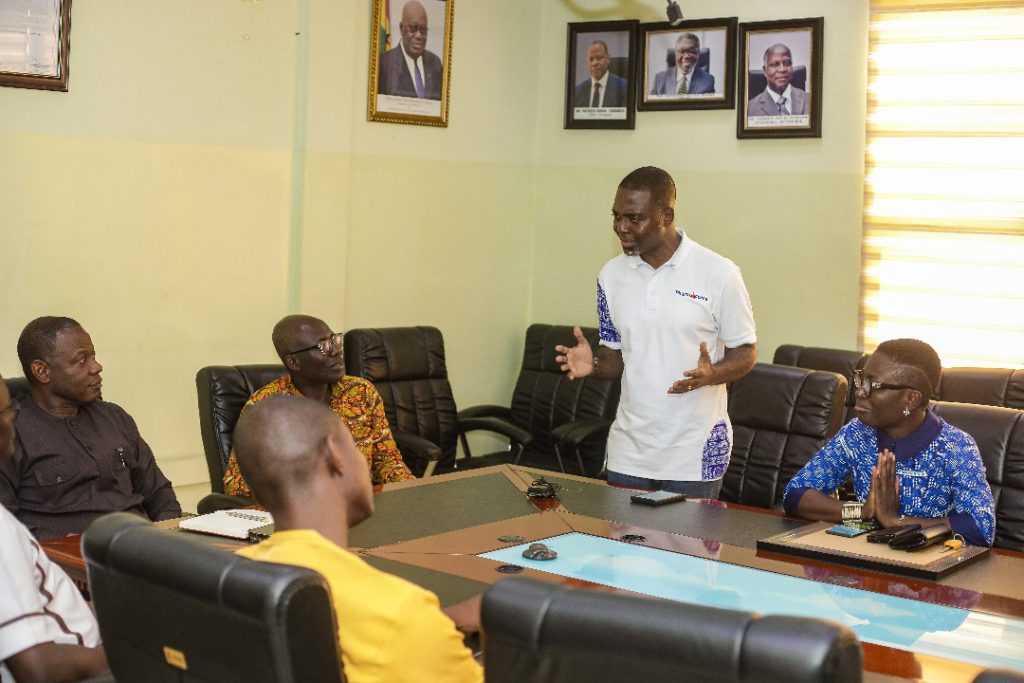
About PharmAccess Foundation and SafeCare
The goal of PharmAccess is to make inclusive health markets work in sub-Saharan Africa, realizing that the first wealth is health.
PharmAccess challenges the notion that exclusion from essential healthcare is an inevitable consequence of living in poorer countries and identifies the opportunities and partners – both private and public needed to bring about holistic transformation in failing health markets.
Focusing on the very root causes that hamper healthcare financing and investments towards equitable and quality healthcare in sub-Saharan Africa, the organisation works as an innovator and catalyst for pragmatic solutions that can be adopted, adapted, and scaled by partners.
PharmAccess also works with an integrated approach that addresses both the demand and supply side of the healthcare system and uses the opportunities that mobile technology and data provide to leapfrog development in health markets in sub-Saharan Africa.
PharmAccess cherishes partnerships in achieving these tasks. On the other hand, the goal of SafeCare is to inspire the improvement of quality and safety in healthcare delivery through innovative approaches such as the use of digital solutions.
Setting and improving quality standards in these challenging environments is the central mission of SafeCare.
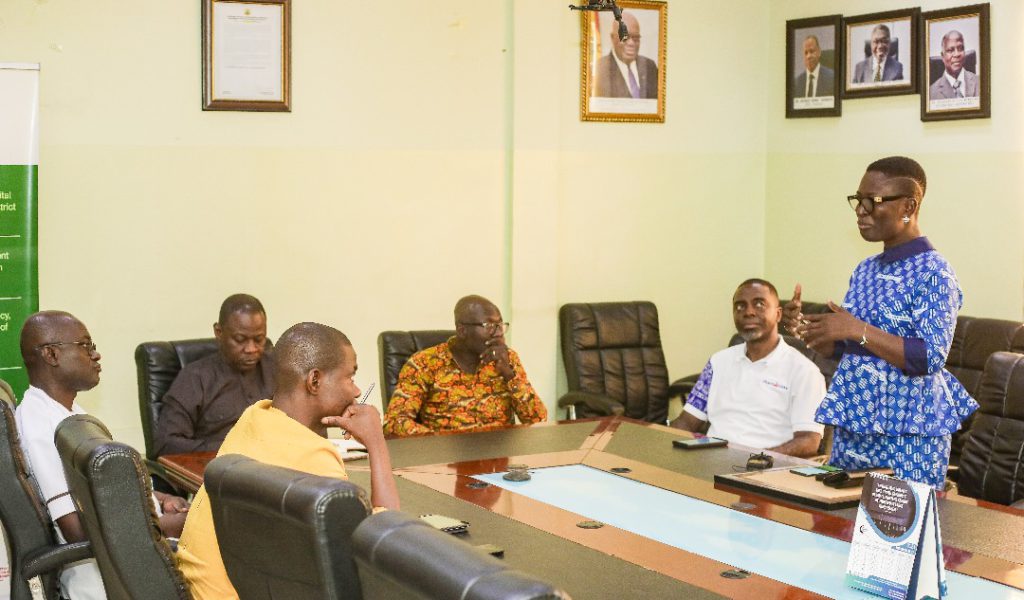
The ambition of SafeCare is to create a global platform of organisations and people willing to pursue innovative approaches to improve clinical quality, using transformative digital solutions to challenge the status quo and strengthen trust in the healthcare system.
This is achieved through its three core values of transparency, collaboration, and building value. In the last decade, SafeCare shared results, stories and learned lessons and provides real-time data on the scale, scope, and quality of services; all in the bid to improve the quality and safety of healthcare delivery.
By collaborating through global and national partnerships, SafeCare intends to create the greatest possible impact with minimal resources.





